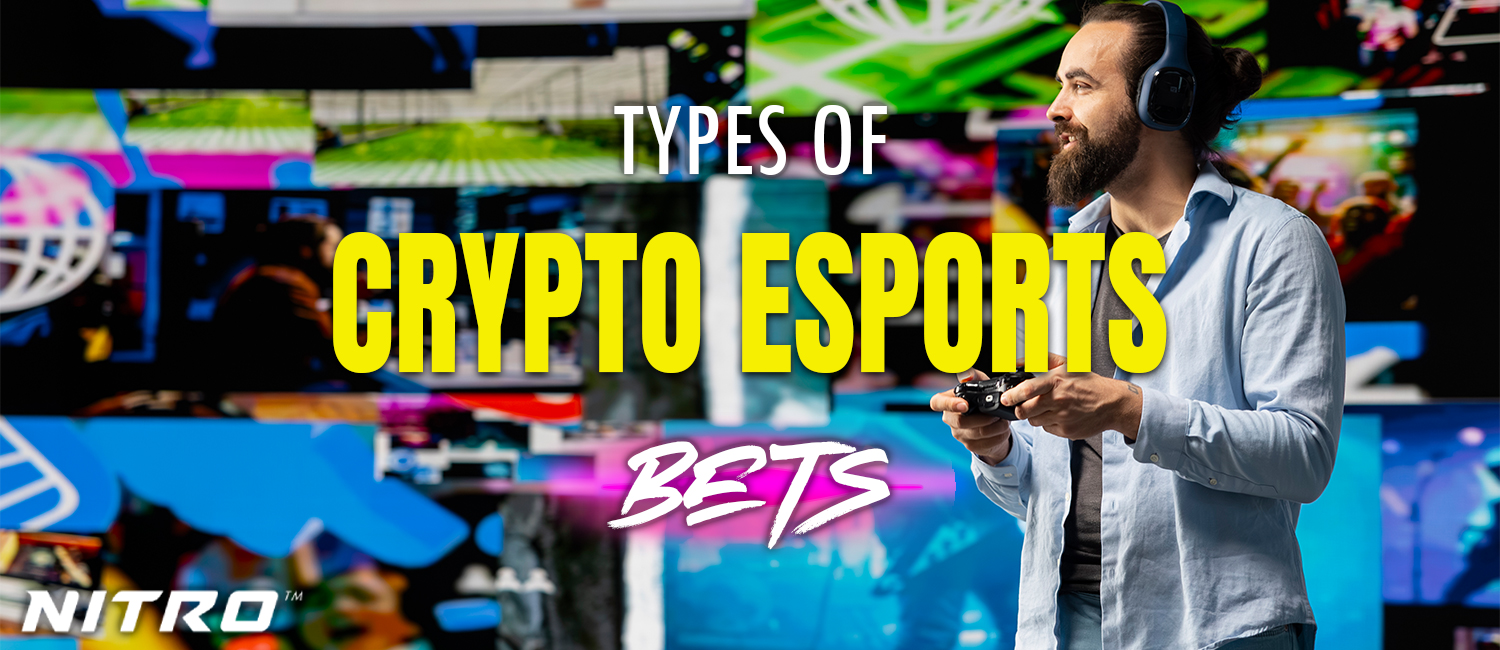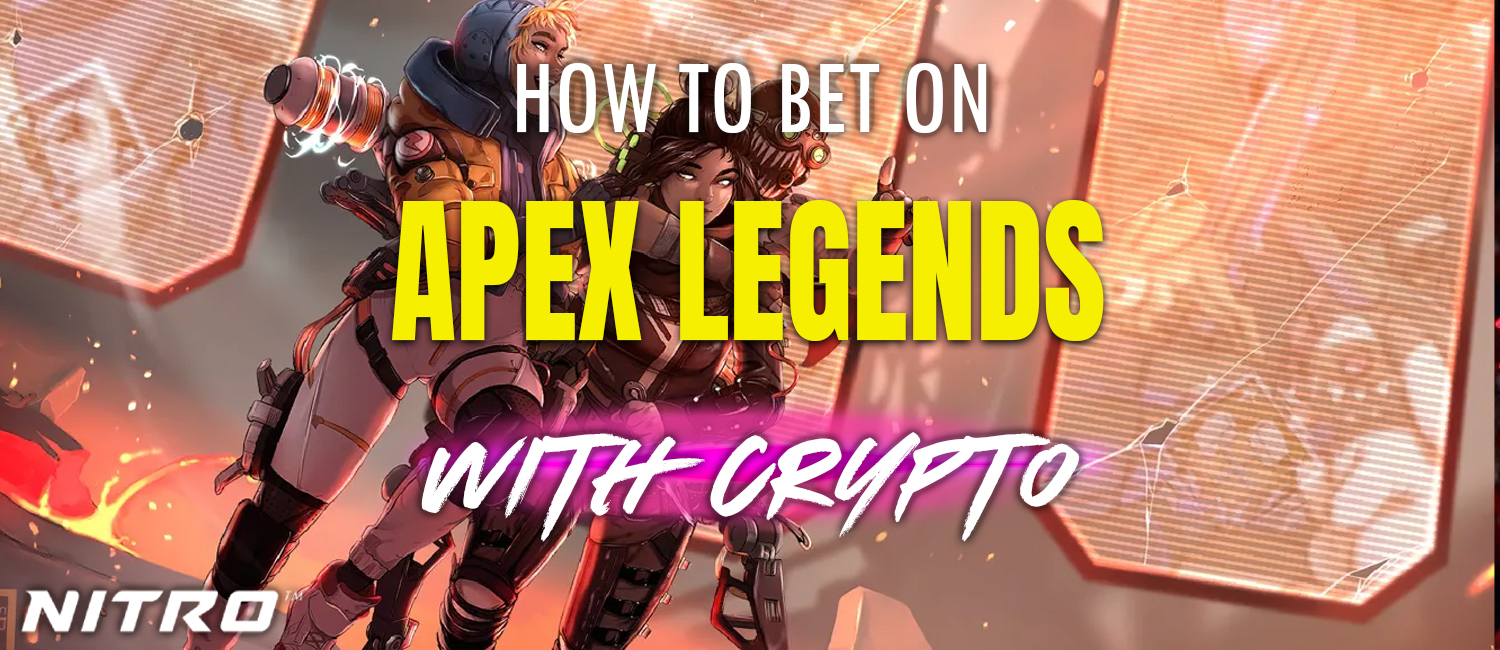How Blockchain Games are Intersecting Crypto Gaming and Gambling
Crypto gaming, which has been around since 2017 when CryptoKitties came into existence, is becoming more and more popular. However, even today in 2023, most crypto gaming exists on Web 2 platforms, meaning, although organizations may accept Bitcoin as payment, transactions do not happen on blockchains. That could change. See below how true blockchain games are blurring the lines between crypto gaming and gambling, and how this is forwarding both gaming and gambling into blockchain technology-based platforms.
Exploring the Intersection of Crypto Gaming and Gambling
Blockchain games require in-game transactions
When you play a blockchain game, an NFT based game, or a play to earn game that requires purchase of specific tokens, you become involved in the blockchain’s community.
For example, to play Pegaxy, you must purchase their native coin. Then, you use that coin to buy or breed Pegasus horses that you run in games. Your Pegasus is an NFT.
So although you aren’t technically gambling on the races in which you run, you are gambling in the sense you put money into a pool by entering the race. Then, the winner of the race scores the most profit.
In-game transactions are often on a layer 2 blockchain
The transactions that happen in-game are often on a layer 2 blockchain that exists on the Ethereum chain. If the layer 2 doesn’t exist on Ethereum, it might exist on something like Solana.
A layer 1 protocol, PraSaga, is currently working on a proof of concept that allows for gaming, sports betting, casino betting etc. Read the next section to realize why this has yet to happen.
Eventually, sports betting and casino gaming will move to blockchain
Gas fees are a massive hindrance to the development of sports betting and casino gaming on layer 1 or layer 2 blockchains.
Current gaming transactions, like with Pegaxy or other crypto games, require few transactions. But sports betting transactions can get into millions of transactions each day.
Ethereum gas fees were around $11 low end on August 10, 2023. That’s not terrible if you’re buying an NFT horse to run in a virtual race.
It is if you’re a sports bettor or sportsbook because the gas fee is on top of the juice you pay as a bettor or what it costs you to manage your sportsbook. Eventually, though, when gas fees lower, all sports betting and casino transactions will happen on layer 1 or layer 2 blockchains.
Each sport or casino bet will be a separate transaction on a blockchain
The way that this will work is that each bet will be a separate transaction. So every time we place a wager, it will be a separate transaction on a blockchain. The key, of course, will be the transaction or gas fee.
PraSaga’s model projects the cost of each transaction on their soon-to-be released blockchain and coin to eventually reach a fourth of a penny. So the transaction, if our calculation is correct, will come out to .00025 per transaction.
At that transaction cost, it will make sense for sports bettors and sportsbooks to develop on a layer 1 blockchain like PraSaga. But until then, moving to blockchain transactions will be a slow process.
Where to Bet with Crypto
Sports betting odds are available here at Nitrobetting. Create a Nitrobetting account now to place your stakes on any of the top games every week.
This is just one of the many sports betting guides that you can read here at Nitrobetting news. Stay tuned for more previews, guides and articles.
READ MORE: Responsible Crypto Gambling Tips








